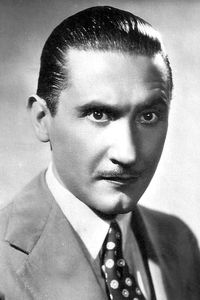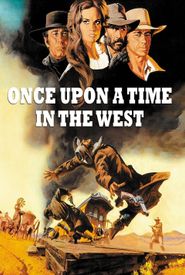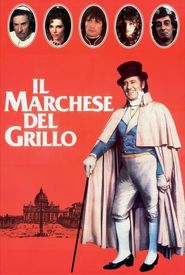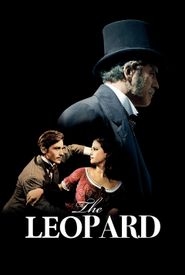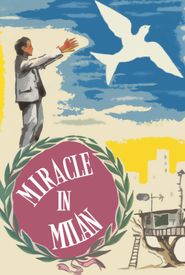Paolo Stoppa, a celebrated and accomplished Italian thespian, entered the world on June 6, 1906, in the eternal city of Rome, Italy, a place that would serve as the backdrop for his early life and artistic endeavors.
From a young age, Stoppa's passion for the performing arts was evident, and he began to hone his craft by taking up stage acting in 1927, initially performing in various theater productions throughout Rome, laying the foundation for a career that would span many decades to come.
Notable stage actor, Stoppa's professional trajectory was significantly boosted following the tumultuous period of World War II. It was during this time that he collaborated with the esteemed director Luchino Visconti, as well as Visconti's spouse, the talented actress Rina Morelli. This creative partnership led to the adaptation of numerous renowned literary works, including those penned by celebrated authors such as Anton Chekhov, William Shakespeare, and Carlo Goldoni. As a result of their combined efforts, the trio garnered widespread critical acclaim, solidifying their positions within the artistic community.
It was the year 1960 that marked the commencement of Stoppa's television career, as he made his debut in the drama series Vita col padre e con la madre, a pivotal moment that would ultimately set the stage for his subsequent rise to fame in the 1970s.
Throughout the 1970s, Stoppa's popularity reached its zenith, a period marked by his remarkable ability to adapt crime novels penned by renowned authors Friedrich Dürrenmatt and Augusto De Angelis.
The illustrious career of Stoppa, a film actor of great renown, spanned a remarkable period of over five decades, from the early 1930s to his eventual retirement in 1983.
During this extensive tenure, Stoppa had the privilege of appearing in a staggering number of films, exceeding 194 in total, a testament to his dedication and passion for his craft.
Throughout his career, Stoppa was fortunate enough to be involved in a wide range of productions, including some of the most iconic and enduring films of all time.
Some of his most notable film roles include the critically acclaimed Miracolo a Milano, released in 1951, which showcased his exceptional acting abilities and further solidified his reputation as a talented thespian.
Additionally, Stoppa's impressive portfolio includes the 1960 film Rocco e i suoi fratelli, a powerful and poignant exploration of family dynamics and the human condition.
Other notable films featuring Stoppa include the 1961 comedy-drama Viva l'Italia!, which showcased his versatility as an actor and his ability to excel in a variety of genres.
Stoppa's impressive résumé also includes the 1962 historical epic Il Gattopardo, which further demonstrated his range and depth as an actor.
In the late 1960s, Stoppa appeared in the critically acclaimed La matriarca, a thought-provoking and emotionally charged exploration of the complexities of human relationships.
As the years went by, Stoppa continued to impress audiences with his nuanced and compelling performances, including his role in the 1982 comedy-drama Amici miei atto II.
Finally, Stoppa's impressive filmography also includes the 1968 spaghetti Western Once Upon a Time in the West, a landmark film that cemented his status as one of the most talented and respected actors of his generation.
Not only was Stoppa a renowned actor in his own right, but he also possessed a remarkable talent for dubbing films into Italian, a skill he honed in the 1930s. His impressive dubbing career commenced with the iconic voice of Fred Astaire, and he went on to lend his voice to the esteemed actors Richard Widmark, Kirk Douglas, and Paul Muni, further cementing his reputation as a master of his craft.
**Biography of Stoppa**
(Note: Please let me know if you would like me to rephrase another text or provide more information on Stoppa's biography)
Paolo Stoppa, a multifaceted individual, breathed his last on May 1, 1988, leaving behind a rich legacy that continued to inspire and influence future generations. As a renowned actor, he had established himself as a master of his craft, captivating audiences with his extraordinary performances on the big and small screens. In addition to his impressive acting career, Stoppa was also a skilled dubber, bringing characters to life through his distinctive voice.
Born with a natural flair for the dramatic, Stoppa's passion for acting was evident from a young age. He honed his skills through rigorous training and dedication, eventually making his mark in the entertainment industry. Throughout his illustrious career, Stoppa worked with some of the most prominent directors and actors of his time, further solidifying his reputation as a talented and versatile performer.
Stoppa's impact on the world of acting and dubbing extends far beyond his own remarkable achievements. He paved the way for future generations of performers, inspiring countless individuals to pursue their own dreams and ambitions. Even in death, Stoppa's legacy continues to live on, a testament to the enduring power of his art and the lasting impact he had on those who knew him.
